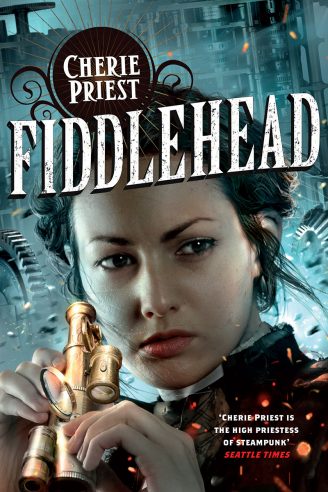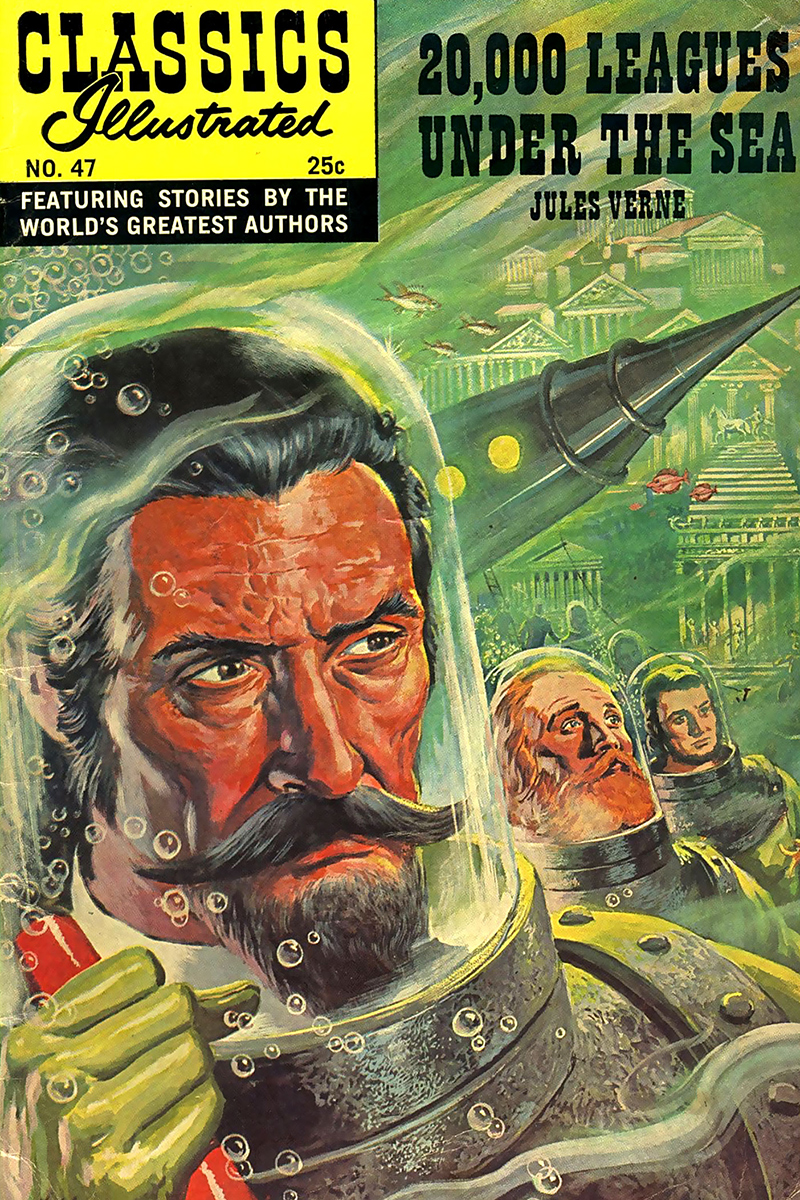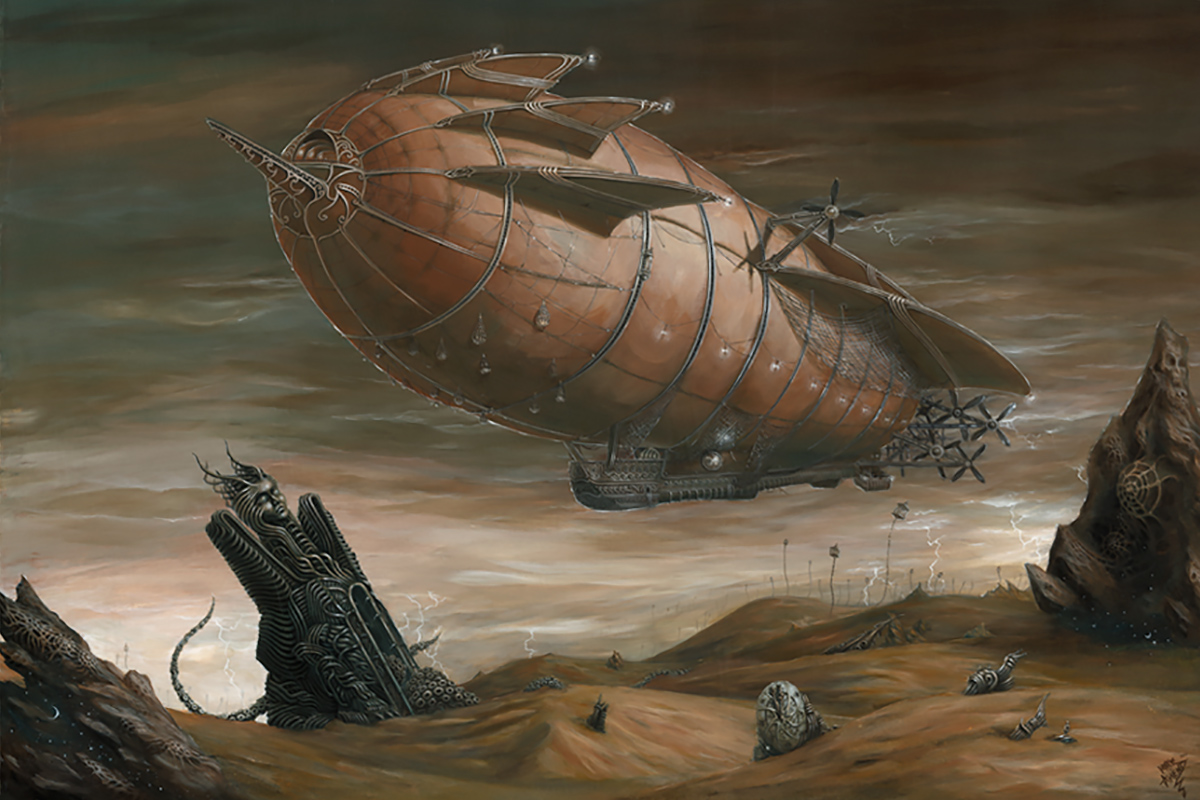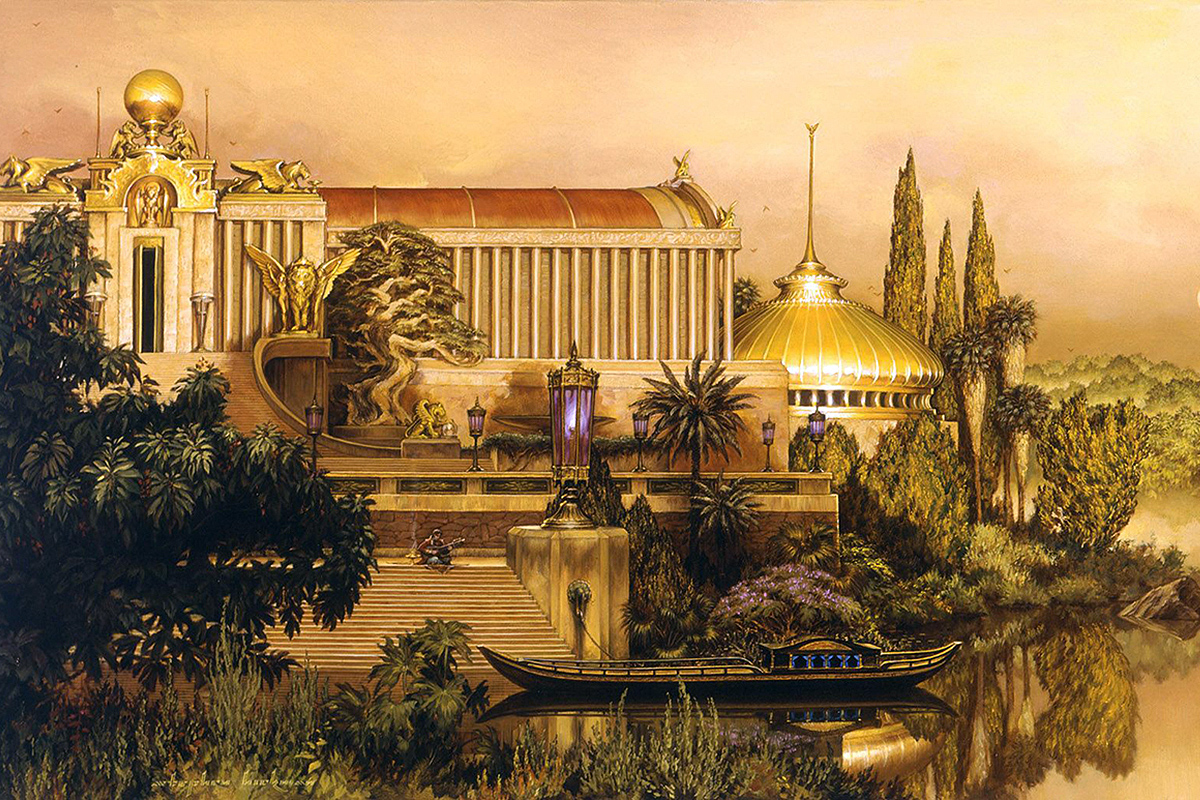Today I’m reviewing the latest volume in Cherie Priest’s Clockwork Century series that began with Boneshaker. The novel is Fiddlehead.
Like the other books in the series, the story takes place in an alternate 1880 United States where the Civil War is still being fought. This entry centers around Gideon Bardsley, a former slave-turned-inventor who has created the world’s first computer, a gigantic calculating machine called the Fiddlehead.
Gideon and his patron Abraham Lincoln (who survived Ford’s Theatre but is now in a wheelchair) ask the machine a simple question: Which side will win the Civil War?
The machine returns a perplexing answer — neither side. If nothing is done, America will, in fact, be destroyed by the zombies that have plagued the series since the first book.
But just who is creating these undead creatures? Unfortunately, Gideon is not able to figure this out before thugs destroy the Fiddlehead.
Now on the run for his life, he takes up refuge in the Lincoln residence. In order to protect his friend, the president calls the Pinkerton Detective Agency. They send in Maria “Belle” Boyd, the protagonist from Clementine. Together with Ulysses S. Grant and a group of allies, she sets out to once and for all find out who is weaponizing the yellow gas from Seattle and trying to silence Gideon Bardsley.
I’ve enjoyed every entry in the Clockwork Century series I’ve read, and Fiddlehead ties its various elements together to bring a satisfying conclusion to the story.
The characters are likable and easy to root for and numerous figures from past books make their presence felt. Also, the villain this time around is appropriately menacing (not that Leviticus Blue wasn’t a scumbag). We finally find out where all the zombies are coming from, something I’ve wanted to know since Dreadnought.
However, the real shining star of Fiddlehead may just be Priest’s master of imagery. She really brought me into her world with detailed, colorful descriptions of the environments her characters have to battle their way through. The laundry room scene is especially memorable, as Priest makes us believe we’re in hell on Earth.
Nevertheless, it isn’t all good. Numerous typos throughout the story bring down Priest’s otherwise excellent writing. It’s not anything too bad, but I do feel it holds the book back from five-star status.
Still, the book is quite good and I have no problem recommending it to anyone who enjoyed past entries in the series or to science-fiction readers in general.





